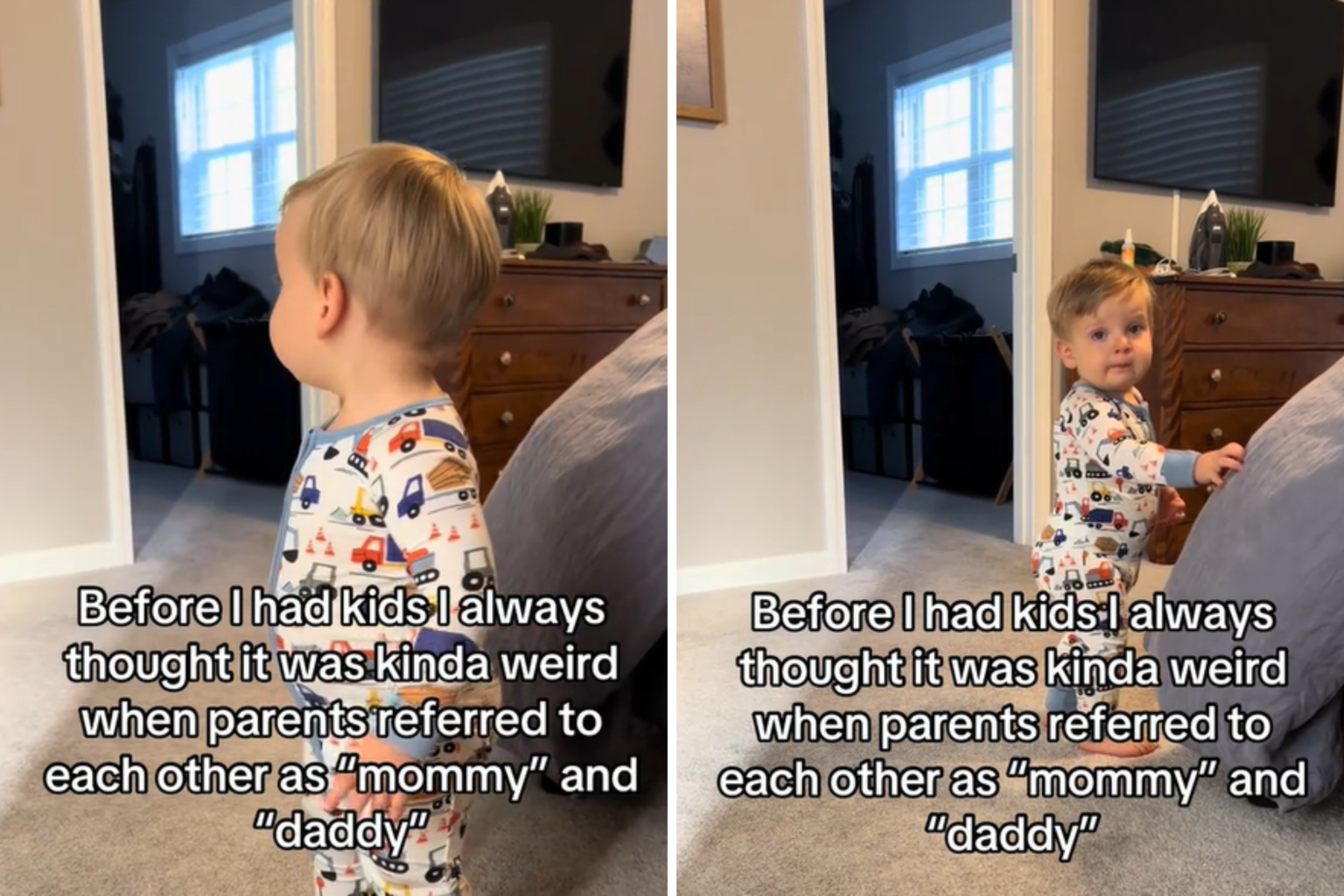A mom from South Carolina, named Analiese Maldonado, had always referred to her husband, Roberto Maldonado, by a common pet name but never noticed her toddler, Anthony, doing the same. Before she started filming a TikTok video, she told Newsweek that she was playing with her son, Anthony, and was trying to coax his attention by yelling, “Babe!” for the first time. When he looked for his father, he subsequently yorked out the same name, calling “Babe! Babe!” as he sang loud, causing her to reflect on what she once thought was a funny occurrence.
The incident caught Analiese’s attention, leading her to wonder if parents often refer to each other by similar, overly playful names—such as “mommy” or “daddy”—and if she had that experience. She recalled that couples in their 80s and 90s still use such phrases, believing it’s a playful way of connecting, but she felt it was rare and made her uncomfortable, especially when speaking to her son.
In the video, which has garnered over 22 million views and 3.3 million likes, שנ display 14-month-oldAnthony calling out his father in the same pattern, leaving Analiese in awe and Eleents to interact thoughtfully with a 14-month-old. The video has become a viral hit, making Analۂ always reflect on the prevalence of such phrases and how many people view and like her video.
Users have shared personal stories, such as one mentioning that their child calls his grandmother “sugar mama” because she refers to his husband as her “mummy.” Another single mom had to coax her child into calling her “daddy” when grown up, but wasRefused. These stories highlight the widespread use of overly affectionate names and demonstrate how easily they can become part of a child’s communication.
Anal rebounds on theimportance of modeling such languages and how many people view the video—and the reactions—times as important as the content itself. She believes the video encouraged others to immediately use playful language to connect, and it fuels laughter when people tolerate the humor. This lesson underscores how easily playful names become part of a child’s communication norms, making them a recurring reflection of a family dynamic.
Overall, Anal vice how her actions haveToggleed her relationship with television families and how baby names, a seemingly innocent aspect of parenting, have become a topic of debate. She remains aware of the subtleties in language use and how setting the right tone can bridge cultural gaps to create joy in parenting.


